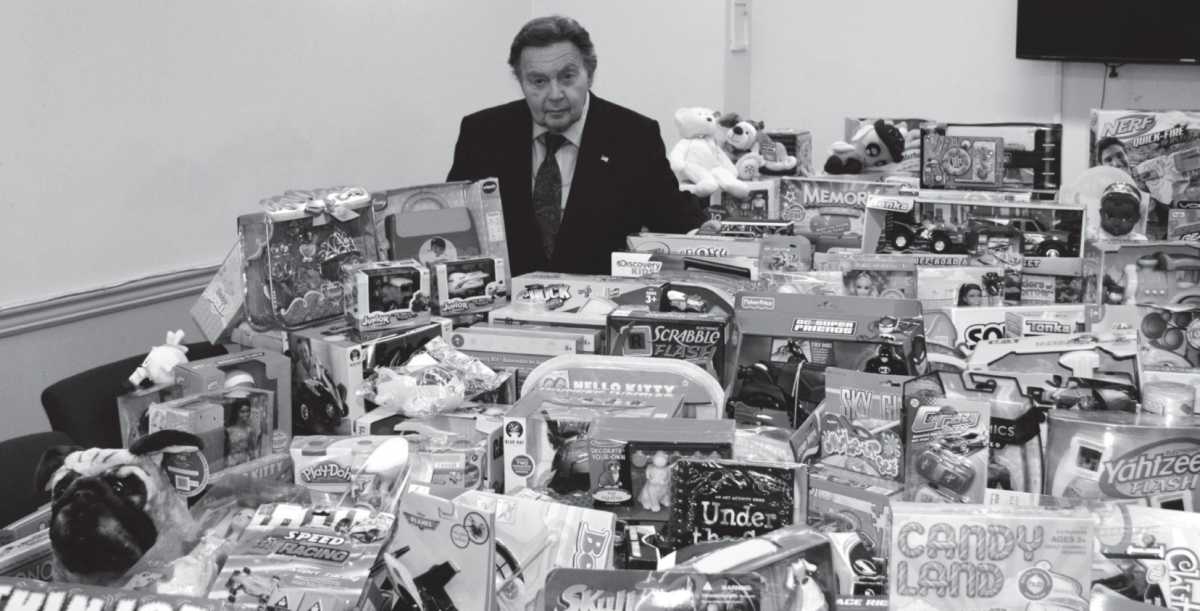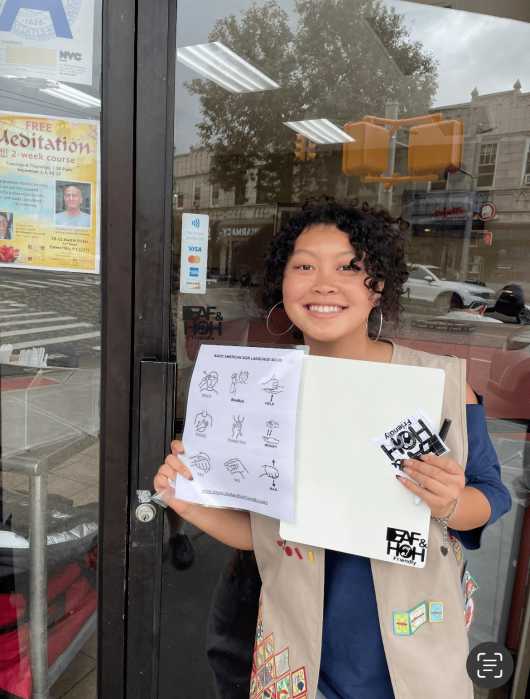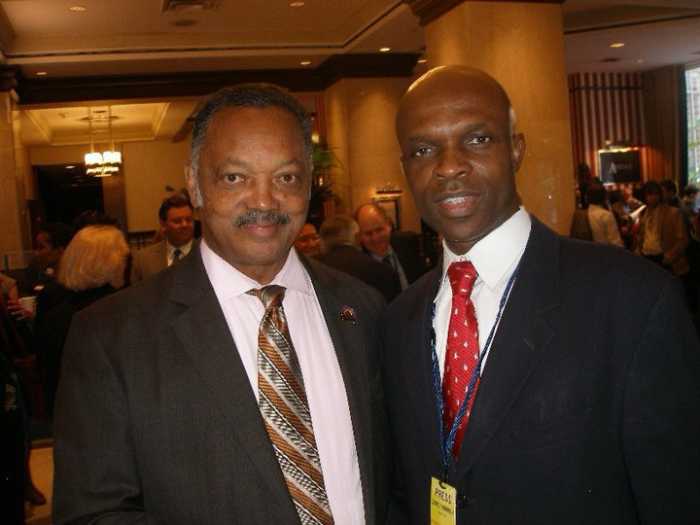My Say
You see a crime in progress. You photograph it. The pictures are perfectly clear what’s happening and who’s responsible. You share the photographic evidence with law enforcement. You expect them to do something with that evidence. Right?

Well, if the Department of Sanitation is the agency in question, you’d be wrong.
When it comes to improper disposal of garbage on the streets, and the posting of illegal signs on public property, the Department of Sanitation doesn’t care about photographic evidence. They don’t care about sworn testimony from upstanding citizens. They have to see crimes with their own two eyes in order to prosecute.
This is a misguided policy that should be changed.
Last year, the Woodhaven Residents’ Block Association (WRBA) tore down dozens of ugly advertising signs that were illegally posted on public property. But before we did, we carefully photographed each sign so that we could provide Sanitation- the agency in charge of prosecuting this sort of thing-with proof of the violations.
For Sanitation to pursue this lawbreaking, they said the signs would need to remain hanging until enforcement officers came by and observed them. Of course, it can take days for an enforcement officer to arrive- and in the meantime, the illegal advertisements continue to drum up business and blemish our streets.
In February, the WRBA photographed an individual dumping bags of garbage on a sidewalk in front of a school. The photographs were incontrovertible evidence that the offense of improper disposal was occurring, and the pictures clearly identified the perpetrator.
It felt awfully familiar when we shared the photos with Sanitation and they told us they couldn’t do anything unless an enforcement officer catches the violator in the act. It was almost as if they didn’t know what a photograph is.
Six months ago, the WRBA urged local elected officials to promote changes in the law that would permit private citizens’ photographs and sworn testimony to serve as evidence in prosecuting illegal posting. Unfortunately, there appears to have been no progress.
It is time to empower residents to help enforce the law, especially quality of-life rules like illegal posting and improper disposal.
Right now, current law and Sanitation policy cut residents out of the process. This is a lose-lose situation. Valuable evidence is ignored, overworked enforcement agents are less able to prosecute wrongdoers, and residents are left feeling that they don’t matter and shouldn’t try to make a difference.
In South Korea, residents are actually rewarded for helping to document and put an end to all sorts of illegal activities. Local governments there have saved a bundle by providing small rewards to private citizens who can photograph or video-record offenses.
Interestingly, the South Korean model is similar to what the Department of Sanitation already does in one area: illegal dumping from vehicles. New York City law states that residents can receive a monetary reward from Sanitation for providing testimony that results in the conviction of an illegal dumper. Not even photographs-just sworn statements.
So, why have this policy for illegal dumping, but not for illegally posted signs, improper disposal, or any number of other infractions? Nobody has been able to provide us with a convincing answer.
In an era when city agencies are expected to do more with less, our elected representatives should help those agencies work with citizens rather than pushing them away. Residents care about where they live, and are often willing to contribute at little or no cost to the city.
If our officials truly care about improving our quality of life and saving taxpayers money, they must begin to think creatively about empowering residents.
Changing the laws and Sanitation policies on prosecuting illegal posting and improper disposal is a perfect place to start.
Editor’s note: Blenkinsopp is a member of Community Board 9 and director of communications for the Woodhaven Residents’ Block Association.


































